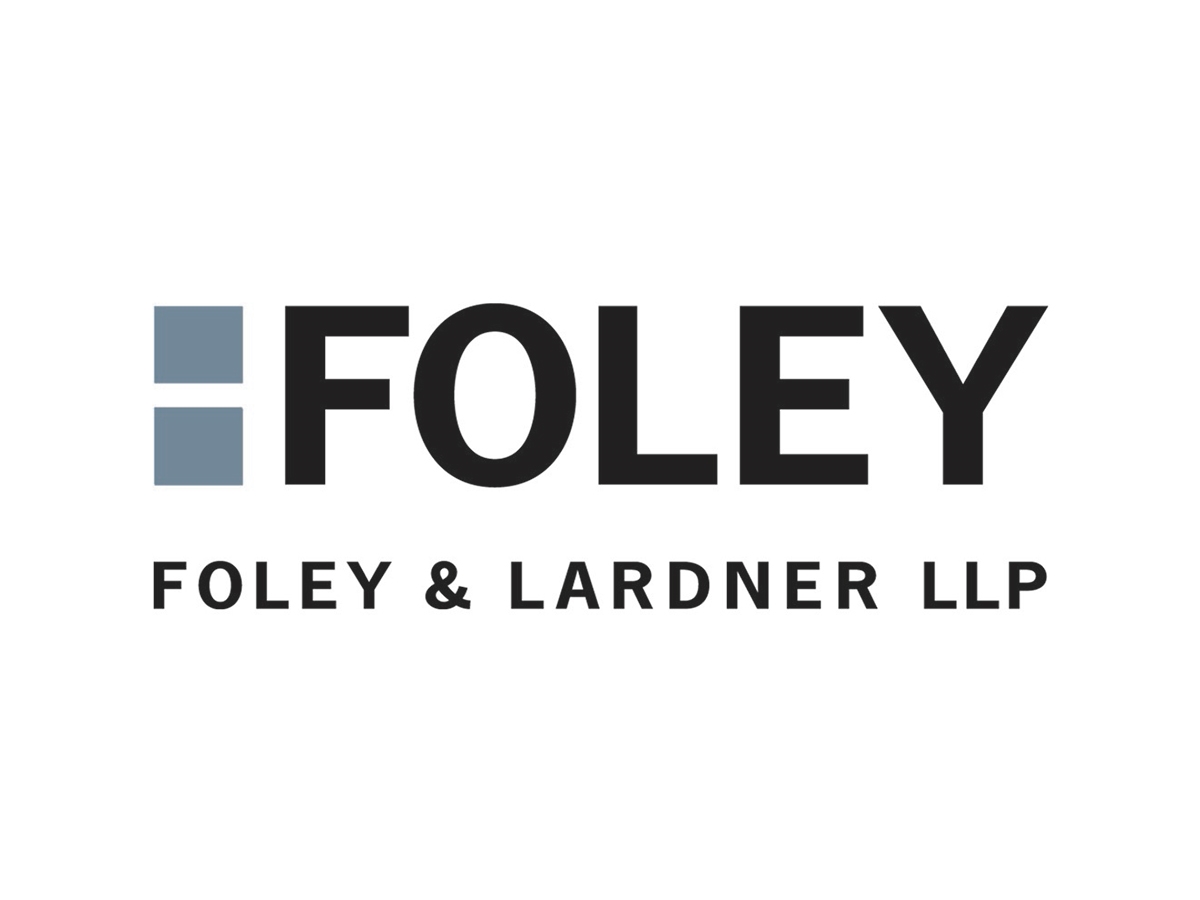New York Court Finds Playlist Patent Ineligble as Abstract
“The court found that the patent claims are directed to ‘the abstract idea of remotely updating content on a user device.’”
On January 24, the U.S. District Court for the Southern District of New York held EscapeX IP LLC’s U.S. Patent No. 9,009,113 patent ineligible as being directed to an abstract idea. The patent covers a process for allowing users to upload “dynamic albums” to be stored on their devices. The district court granted Block, Inc.’s (better known as music streaming platform Tidal) motion to dismiss the patent infringement suit pursuant to Rule 12(b)(6) of the Federal Rules of Civil Procedure.
According to the district court opinion, the patent’s specification states that “the patent seeks to remedy certain problems that currently exist with music streaming, including artists’ inability to effectively monetize their music, their lack of control over content once users have downloaded it, and the disconnect between streaming services and artists’ social media pages.” Of the 30 claims associated with the ‘113 patent, most relevant to the suit is independent claim 27, which claims a “’computer implemented method’ for receiving instructions from an artist to update a dynamic album stored on a user device.” EscapeX alleged that Block infringed the patent through its generation of song mixes that are curated to each user and change based on the user’s activity.
In its discussion, the court found that the patent claims are directed to “the abstract idea of remotely updating content on a user device.” At Alice step one, the district court did not agree with Block that the claims are identical to those described in Affinity Labs of Tex., LLC v. Amazon.com Inc., explaining that “the ’113 Patent goes a step beyond the Affinity Labs patent — by giving an artist control over the media content provided to a user device, rather than keeping that control with the user.” However, it nonetheless held that “this additional feature does not save the ’113 Patent at Alice step one” because the Federal Circuit “has repeatedly held that ‘claims reciting the collection, transfer, and publishing of data are directed to an abstract idea’” and has also held “the broad concept of communicating information wirelessly, without more” to be an abstract idea. Unlike the patents at issue in Uniloc USA, Inc. v. LG Electronics USA, Inc. or DDR Holdings, LLC v. Hotels,com, L.P., the patent merely “directs one
computing system to send instructions to another device, which then implements those instructions,” and ultimately “merely recites the use of generic computing devices in conventional ways,” said the court.
At Alice step two, the court rejected EscapeX’s argument that “providing artist control of a dynamic album on a user’s device” was previously impossible, thus constituting an inventive concept. The court said that the inventive concept alleged is nothing more than “a mere instruction to implement an abstract idea on a computer.” Citing ChargePoint, Inc. v. SemaConnect, Inc., the court noted the Federal Circuit there rejected a similar argument that the patent’s use of the abstract idea of “network control” to solve a problem, “without improving the functionality of the charging stations,” rendered the claims eligible for patent protection.
The court did not grant EscapeX leave to amend because it said the problem with the claims is substantive “so amendment would be futile.”
Eileen McDermott
Eileen McDermott is the Editor-in-Chief of IPWatchdog.com. Eileen is a veteran IP and legal journalist, and no stranger to the intellectual property world, having held editorial and managerial positions at […see more]







